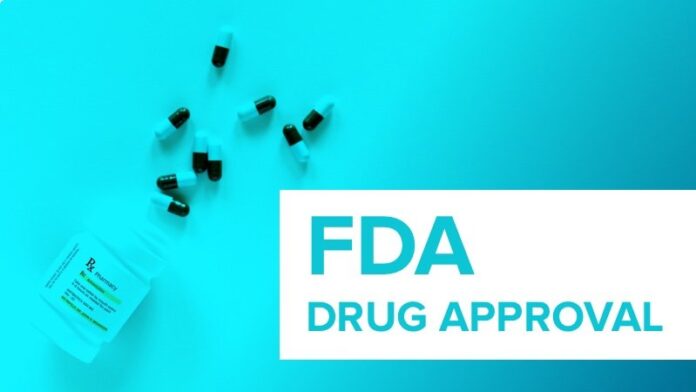[ad_1]
A novel drug that offers multilineage protection from chemotherapy-induced myelosuppression has been approved by the US Food and Drug Administration.
The drug, trilaciclib (Cosela, G1 Therapeutics) is administered intravenously as a 30-minute infusion within four hours prior to the start of chemotherapy. It is indicated specifically for use in adult patients with extensive-stage small cell lung cancer (ES-SCLC) who are receiving chemotherapy.
The drug is an inhibitor of the cyclin-dependent kinase 4/6 enzyme, and this action appears to protect normal bone marrow cells from the harmful effects of chemotherapy.
“For patients with extensive-stage SCLC, protecting bone marrow function may help make their chemotherapy safer and allow them to complete their course of treatment on time and according to plan,” commented Albert Deisseroth, MD, PhD, supervisory medical officer in the Division of Non-Malignant Hematology in the FDA’s Center for Drug Evaluation and Research.
Table of Contents
First Drug of Its Type
Trilaciclib “is the first and only therapy designed to help protect bone marrow (myeloprotection) when administered prior to treatment with chemotherapy,” says the manufacturer.
Myelosuppression is one of the most severe adverse effects of chemotherapy, and can be life-threatening. It can increase the risk of infection and can lead to severe anemia and/or bleeding. “These complications impact patients’ quality of life and may also result in chemotherapy dose reductions and delays. To date, approaches have included the use of growth factor agents to accelerate blood cell recovery after the bone marrow injury has occurred, along with antibiotics and transfusions as needed,” the company comments.
“By contrast, trilaciclib provides the first proactive approach to myelosuppression through a unique mechanism of action that helps protect the bone marrow from damage by chemotherapy.”
Approval Based on Randomized, Placebo-Controlled Trials
The FDA notes that the approval is based on data from three randomized, double-blind, placebo-controlled studies, involving a total of 245 patients with ES-SCLC.
These patients were being treated with chemotherapy regimens that were based on the combination of carboplatin and etoposide (with or without the immunotherapy atezolizumab [Tecentriq]) or regimens that were based on topotecan.
Before receiving the chemotherapy, patients were randomly assigned to receive trilaciclib or placebo.
Results showed that patients who had received an infusion of trilaciclib before receiving chemotherapy had a lower chance of developing severe neutropenia compared with patients who received a placebo, the agency noted. In addition, among the patients who did develop severe neutropenia, this had a shorter duration among patients who received trilaciclib than those who received placebo.
The most common side effects of trilaciclib were fatigue; low levels of calcium, potassium, and phosphate in the blood; increased levels of the liver enzyme aspartate aminotransferase; headache; and pneumonia.
The FDA notes that patients should also be advised about injection site reactions, acute drug hypersensitivity, interstitial lung disease/pneumonitis, and embryo-fetal toxicity.
The approval received a priority review, based on the drug’s breakthrough therapy designation. As is common for such products, the company plans post-marketing activities that will assess the effect of trilaciclib on disease progression or survival with at least a 2-year follow up; this clinical trial is scheduled to start in 2022.
For more from Medscape Oncology, join us on Twitter and Facebook
[ad_2]
Source link












